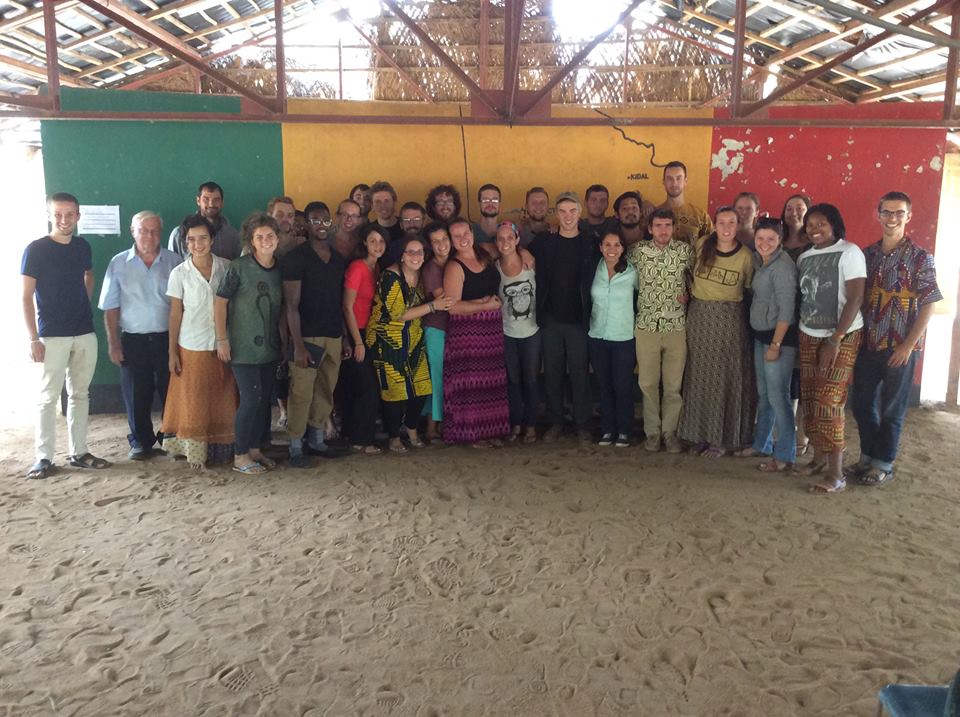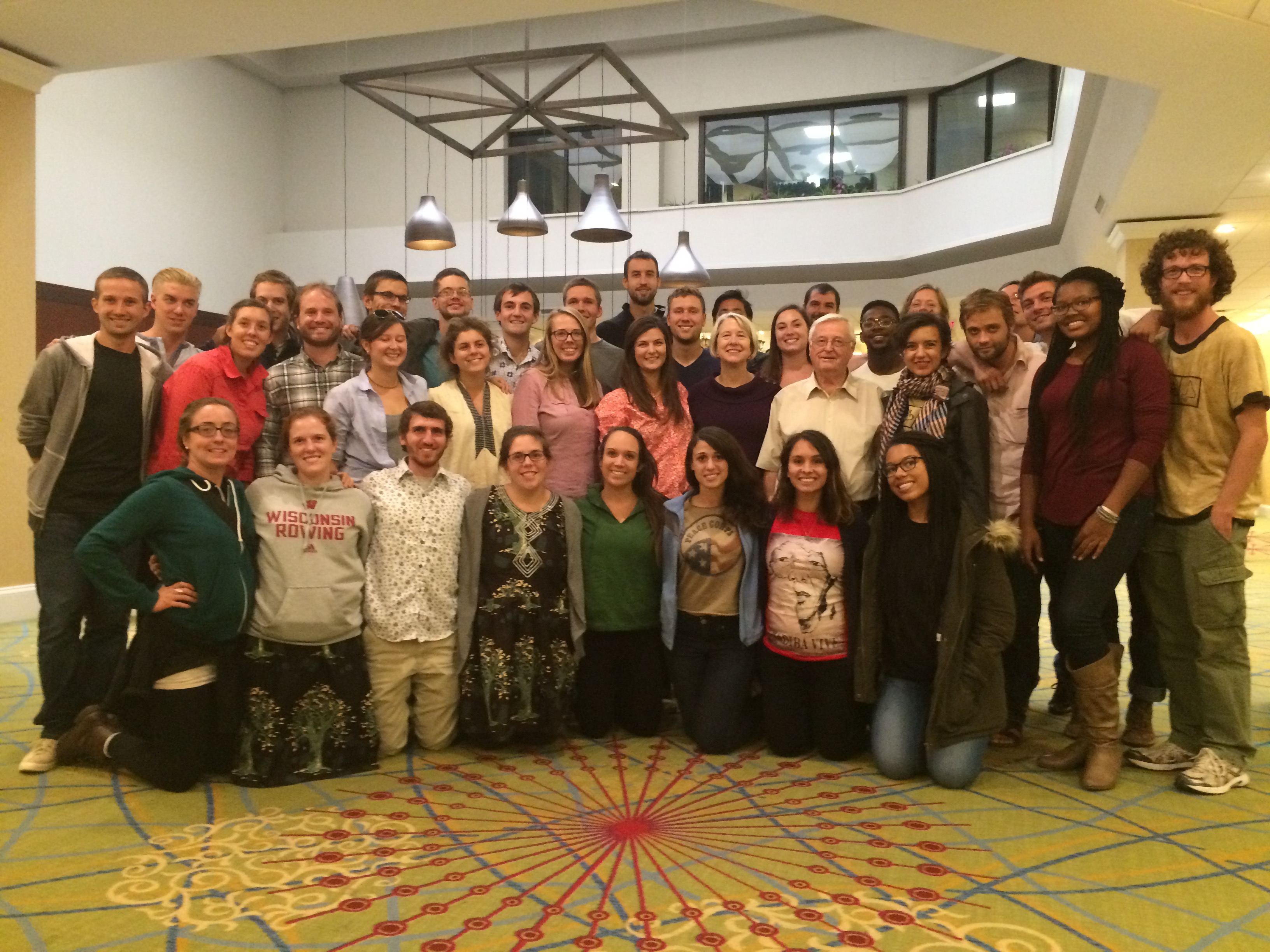Although this blog post comes pretty late, I figured I should put up one last post. For those that haven’t heard, the Peace Corps Mali program was suspended and all volunteers were evacuated.
During our In-Service Training (IST) the Radisson Blu hotel in Bamako was attacked and 20+ people were killed. After a few progressive security steps, it was decided that the risk was too high to continue Peace Corps operations in Mali.
Even though we had been on alert since arriving, this news was still a shock. The delay between the hotel attack and the decision gave us varying degrees of hope. Despite understanding why the decision was made, it was still hard to process. We were given a few days to go back to our sites and pack: a luxury not afforded to volunteers during the previous evacuation.
While having those few extra days to say goodbye was much appreciated, they also added an extra emotional toll in the form of a drawn-out goodbye. All volunteer villages were at least two hours from the capitol city (mine was five) and it was hard to explain to our communities exactly why we had to leave. Even during the coup Mali had undergone just a few years prior, most people living in rural areas did not see their day-to-day lives affected and did not fully consider the political implications of such attacks. The evacuation decision was made in Washington DC, not even at a national level, and that degree of separation and the politics behind everything did not translate well with my language skills. Most people initially assumed that I was feeling personally threatened and went about trying to assure me that I would be safe in our community.
“The fighting is in Bamako, there is no fighting here in the bush”
“Mali is a large country, you are safe in Songuela”
The best I could muster was that the Peace Corps “leaders” said I had to go back to America, so I had to leave.
We had been instructed to consolidate in three urban centers, Bougouni, Sikasso, and Koutiala where Peace Corps vehicles would meet and shuttle us back to our training center outside Bamako. Planning was happening on the fly and the logistics were shifted back slightly from the initial announcement. The hardest thing throughout the entire departure process was watching my work-counterpart, Siaka, come my house and ask,
“Did Haoua call you?”
“Maybe the Peace Corps will call again and tell you that you can stay”
I knew no such call would come. Despite Siaka’s touching effort to remain optimistic, he did a great job helping me close out my time in Songuela. He immediately arranged a meeting with the Dugutigi (village chief) and other significant figures so so I could break the news. They were all sad but very understanding. The Dugutigi told me that if it was only me leaving, they would be upset and would fear it was a result of something they had done. Since all the volunteers were being pulled they were sad but understood that it was out of my hands.
I was given a choice of what to eat on my last night. I asked Siaka to host a big dinner with his family, my host family, and the significant figures in the village (with the stipulation that some had to be women). I gave a friend money to run over to a nearby town’s market and buy an absurd amount of beef: I wanted a feast! I requested we eat rice but the sauce was “cooks choice.” It was a “cold” night (around 60F) so we had two bonfires for everyone to huddle around and ate and talked until it was so late I was all but ordered to bed. In the morning I was brought to the bus stop in Mpessoba by a three-motorcycle entourage consisting of my work-partner, supervisor/tutor, and village chief. As I boarded the bus to Koutiala, I was seen off by a series of left-hand shakes: something done as a sign of respect only when saying goodbye for a long time.

After assembling in Koutiala, we (volunteers) headed back to Bamako for a barrage of close-out tasks. We then boarded an airplane and after flying from Bamako to Dakar, to Paris, to Washington DC, we were back in the US. In DC we were put up in a hotel for a five-day conference which in which basically consisted of administrative paperwork and deciding what to do next. The Peace Corps scrambled to find places for us to transfer and continue our service, but while the locations were great (Guinea, Benin, Comoros, or The Gambia), none of those areas would allow me to continue my water and sanitation role. I weighed my options and while I really wanted to see out a full 27-month service, I was not ready to deviate much further from my desired career path (civil and environmental engineering). I am happy to announce that a large portion of our group is traveling on to those four countries but I closed out my service and am remaining in the US for the time being.

One of the most common things I’ve been asked about has been about what, if anything, I accomplished during my six months in Mali. For the first few weeks back in the US I was wallowing in frustration. Not only had our service gotten cut short, but the timing felt exaggerated because we had just finished extra, in-service technical training and I was eager to put it in action: already mentally planning out grant applications. But ultimately, after calming down, I did feel a bit better. The three main goals governing the Peace Corps global mission are as follows:
When framed in this perspective, while we didn’t get to do much about the first goal, we made leaps and bounds with two and three. The relationships formed and experiences had will continue to shape me and my prospective widened immensely even those six short (but intense) months.
This fact seems even more apparent given the timing of our return. After living and working with a country full of both the nicest people I’ve ever encountered and the most devout Muslims; I turn on the TV to see leading presidential candidates make xenophobic statements met by thunderous applause. I also learned just how hard it is to do development work well and the huge effects terrorism can have. Three people walked into a hotel with guns and effectively ended foreign aid to an entire country. It’s not only the Peace Corps, but USAID, the US Embassy, and a few Non-governmental Organizations (NGOs) are cutting back or pulling out as well. Mali is a fantastic country but needs all the help it can get. Sadly it’s the unseen citizens who are hurt the most.
Ala ka jamana basigi (May peace return to Mali)
Ala ka Mali deme (May god help Mali)
Ala ka nyumanye nogoya (May god make it easy for us to meet again)
Soloman Sogoba
Malcolm Smith
